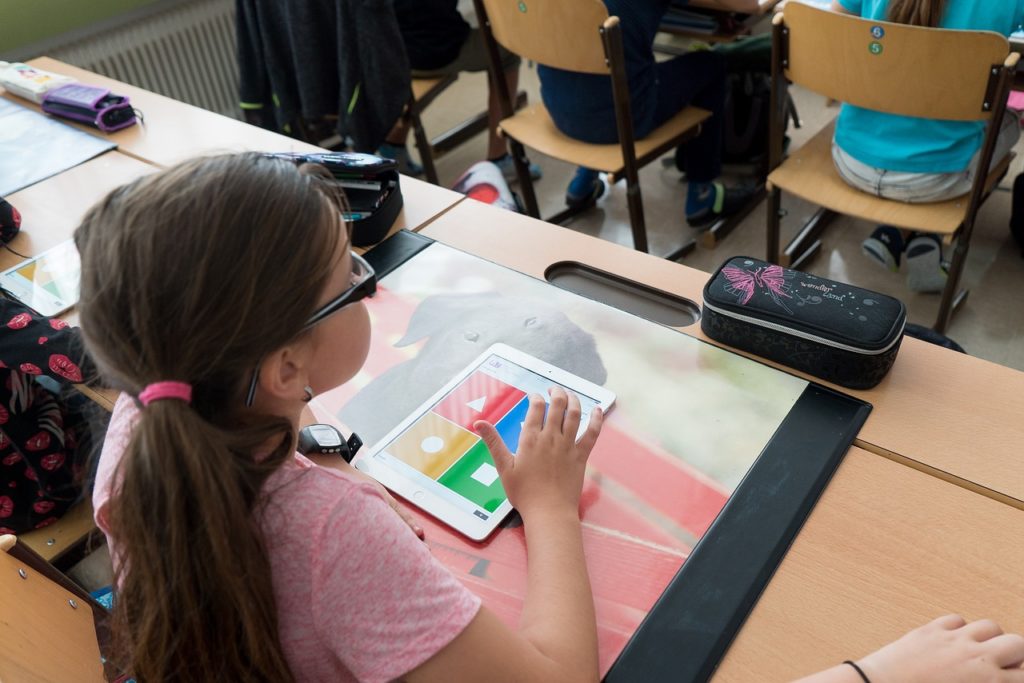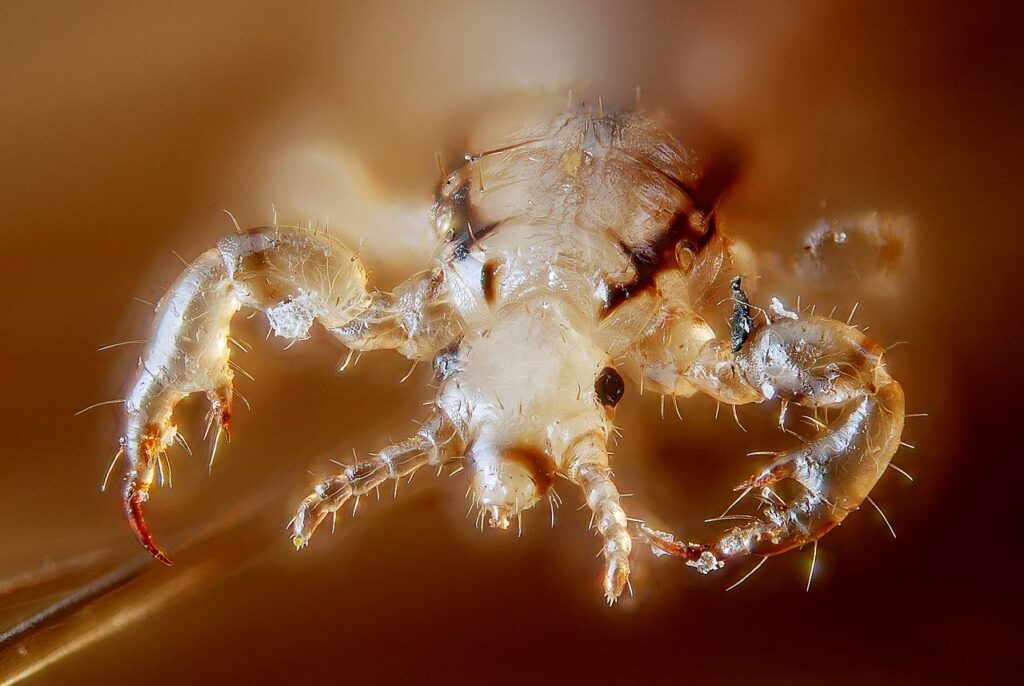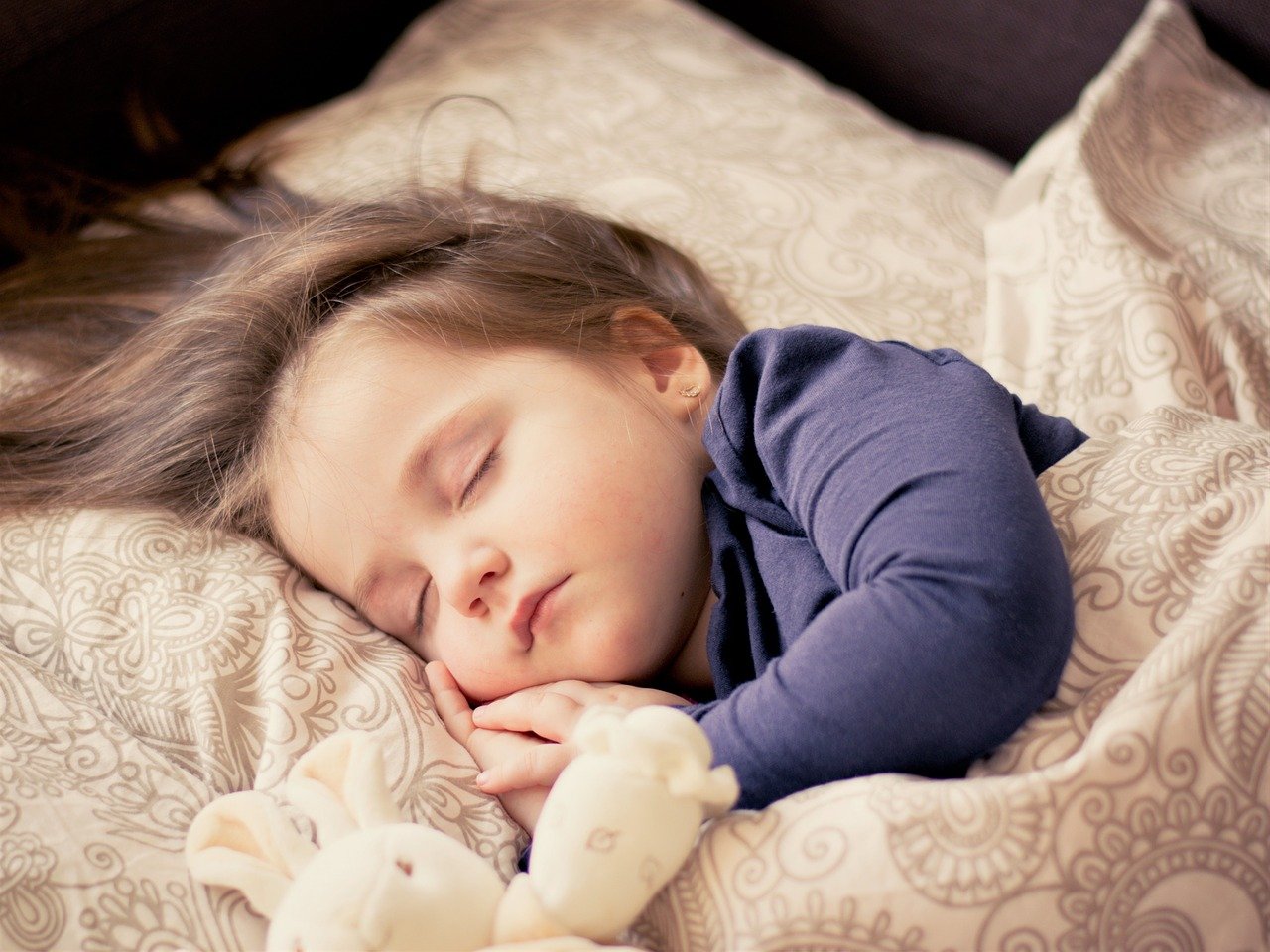Head lice are tiny insects that live on humans and feed on the blood from their scalps. They are resilient creatures. They are not just hard to completely eliminate, they also have the tendency to re-infest their hosts, especially children. So, what do you do if you have a child that keeps getting head lice?
Children get head lice more often than teens and adults
First of all, don’t feel bad about yourself. If your child keeps getting head lice, it doesn’t necessarily mean you are a horrible parent. It just so happens that children are more likely to get infested with these pests.
There are a number of reasons why, but the most prominent one is the fact that children are generally not protective of their personal space. They will get physical with their family and friends at school. This could be a problem, especially at school where there are head lice-infested children.
It doesn’t help that head-to-head contact is very likely at school. Children bow their heads as they color, draw, or paint. They also get physical during playtime.

Common ways children get head lice
If you know the common ways children get head lice, you will be able to inform your children about personal space and implement preventive measures yourself. Here are the common ways children get head lice.
- Head-to-head contact at school. Head-to-head contact is the most common way to get head lice. Ask your child to avoid bumping heads with their friends.
- Sleepovers. Camping, staying over at a friend’s place, and other similar activities put your child at risk of head-to-head contact outside of school. If someone in your child’s class has head lice, it will be best to avoid such activities in the meantime.
- Using the personal items of an infested person. Head lice don’t live very long without a host, but they can stay on a personal item long enough until this personal item is used by a potential host. The most common items where you can find head lice are those involving hair, such as caps, combs, ribbons, and even towels.
- Being around an infested person. Head lice can’t fly or jump, so there is no reason to completely avoid an infested person. But being around an infested person can be risky because head lice can survive in personal items and furniture long enough until they can latch onto another host.
As much as possible, your child should have their own personal items, so they don’t end up borrowing from family members or friends at school who can potentially have head lice.
It’s also important to isolate the belongings of an infested person to avoid hitchhiking head lice from infesting other people. This is particularly important if the infested person lives with the child.
Common reasons why children’s head lice keep coming back
Head lice are persistent pests, so it’s possible that you are not doing anything wrong. It’s just that your child keeps getting head lice because of the pests’ incredible persistence and resilience. With that said, here are some of the most common reasons why children’s head lice keep coming back.
- You are not using the head lice treatment properly. There are over-the-counter medications you can buy to get rid of head lice. But most of these require multiple uses because they can’t kill nits, just the nymphs and adult head lice. Make sure you are following the instructions in their labels.
- Your child keeps getting head lice from family and friends. Head lice treatments won’t be effective if your child keeps getting a new batch of head lice from the people around them. Make sure to delouse everyone at home and ask your child to prevent head-to-head contact at school to avoid re-infestations.
- You don’t clean your home enough. If the infested person lives with your child, don’t ignore the home, including its furnishings and personal items. Also, do you know that it’s common for mothers to have head lice too? Give particular attention to the furnishings and personal items you use. They may be the ones re-infesting your child.
- You are dealing with super lice. No matter how dedicated you are to getting rid of the pests, there are times where they are just too resilient. If this is the case, you may be dealing with super lice. They are resistant to common over-the-counter ingredients like permethrin and pyrethrin.
To prevent head lice from re-infesting your child, make sure that your child is not exposed to other head lice sources and you are using the proper treatments.

How to get rid of persistent head lice in children
Yes, head lice are resilient. But this doesn’t mean they are unbeatable. There are some effective ways to get rid of these persistent pests.
- Consult your doctor. This is the best way to get rid of persistent head lice, especially if your child is too vulnerable. For example, most over-the-counter treatments are not suitable for children below two years old. If your child is still a baby, you definitely want to consult a doctor.
- Get rid of the head lice manually. There is always the manual method of killing head lice – combing them away with a lice comb. No amount of resilience will save them from the thin teeth of lice combs and the soapy water where you can drown them. The downside of this method is that it requires a lot of time and effort. You will need to be consistent and meticulous to get rid of an infestation this way.
- Be wary of DIY approaches. There are a lot of claims out there that this and that ingredient is effective in getting rid of head lice. But these claims may do more harm to your child than good. For example, it’s actually not true that salt is effective against these pests. You may waste a lot of time relying on these DIY approaches while your child is suffering from intense itchiness and skin sores.
You can help your child avoid getting head lice again and again
Your child is more vulnerable to head lice because of the fact that children are not very protective of their personal space and they are likely to get head-to-head contact at school. But with the proper preventive measures, you can help your child avoid getting head lice over and over again.
When in doubt, you can always consult a doctor. This is particularly important if your child is below two years old, as most over-the-counter medications are not suitable for very young patients.

